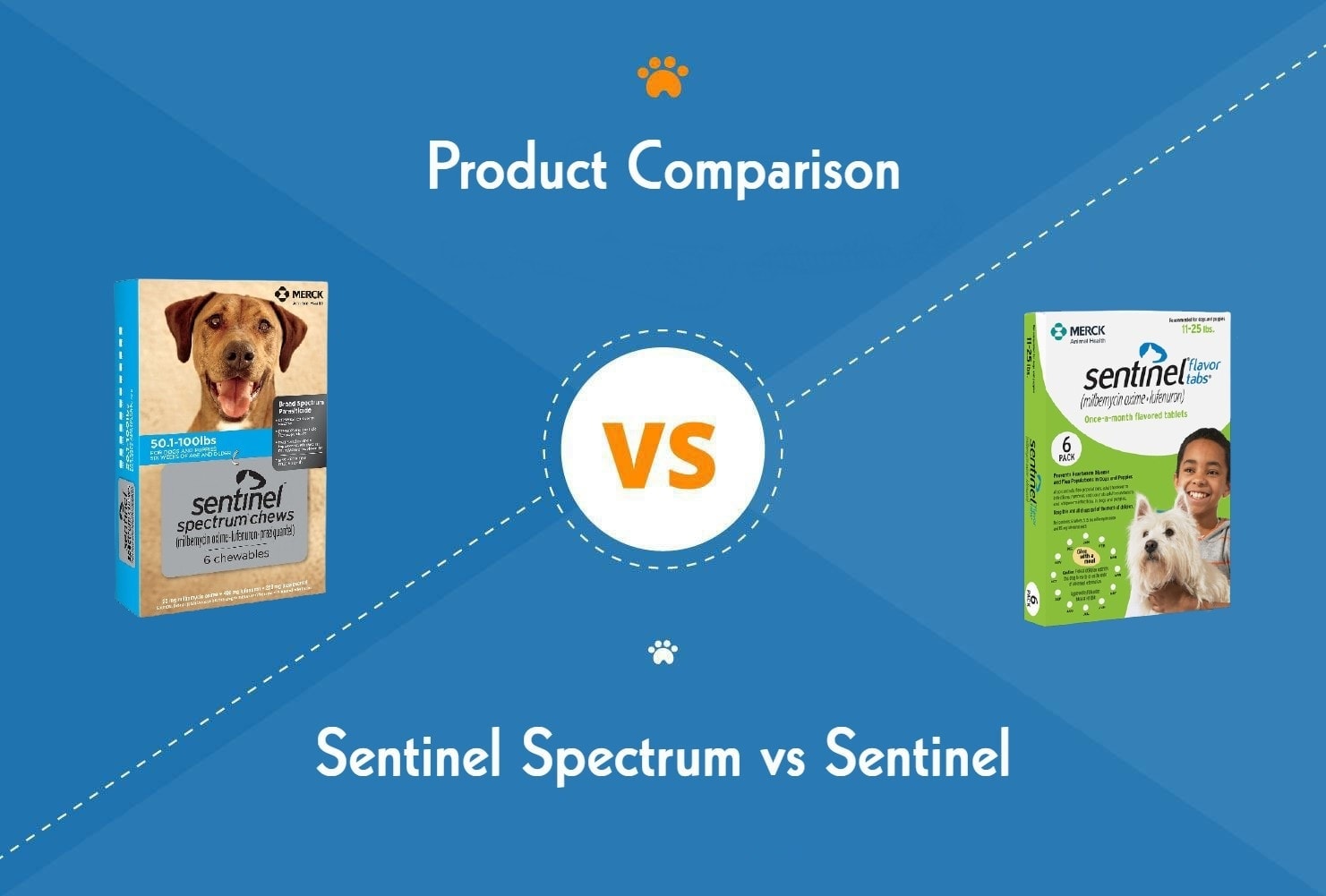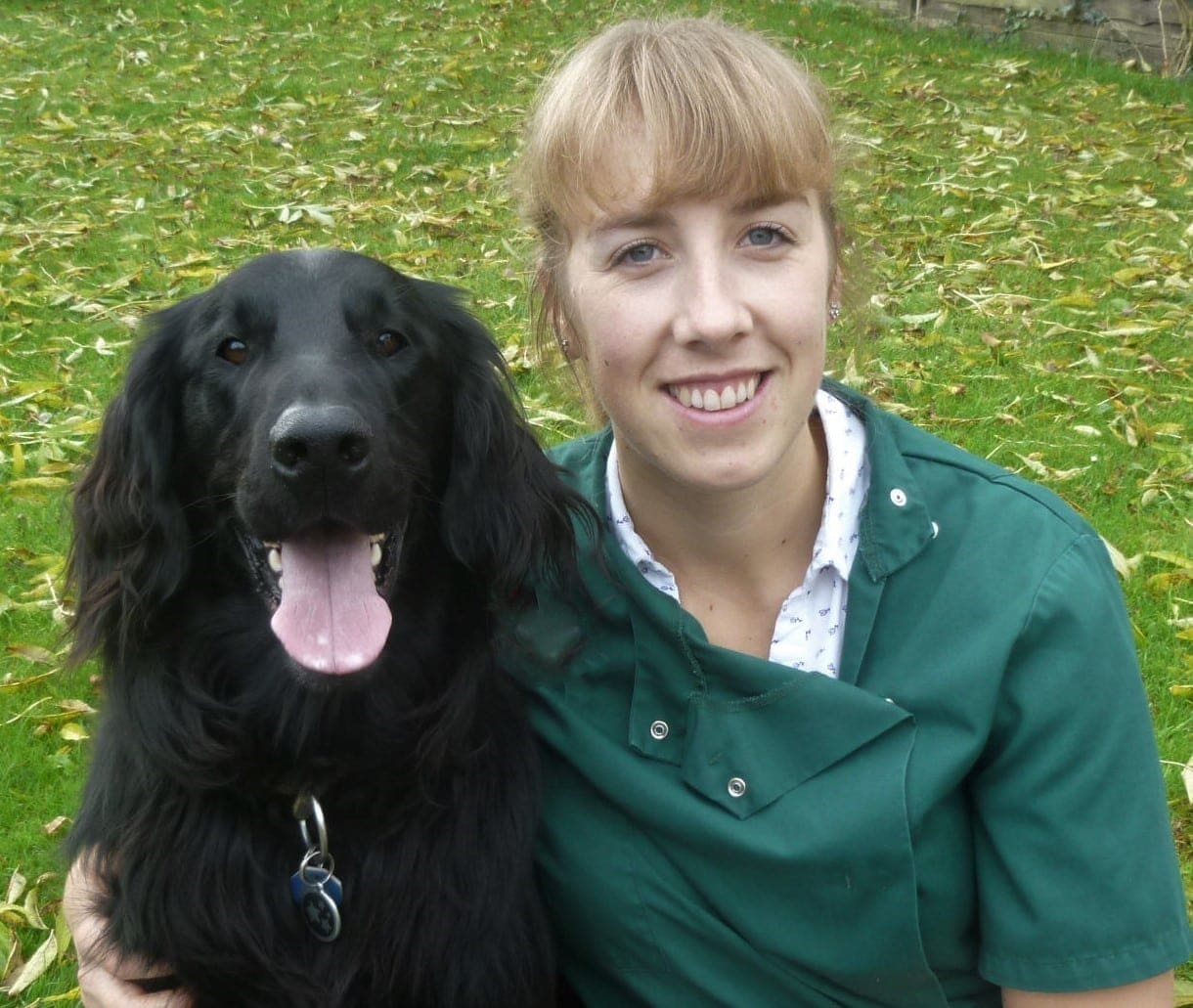Can Dogs With Pancreatitis Eat Eggs? Is It Safe? (Vet Answer)
By Dr. Sharon Butzke, DVM (Vet)
Updated on

The short answer to this question is yes. In some cases, it may be safe to feed eggs to a dog with pancreatitis. They are an excellent source of nutrients!
- Dogs should never be fed raw eggs.
- Dogs with pancreatitis require a low-fat diet, so egg whites are more appropriate than whole eggs or egg yolks.
- Eggs are one of the most common dietary allergens for dogs, so it may be wise to avoid them if your dog has other known food allergies.1
- Some cases of pancreatitis in dogs have been associated with eating food(s) they aren’t accustomed to. So, if your dog has been diagnosed with pancreatitis, it might not be the best time to offer them eggs if they haven’t eaten these before.
- Eggs may not be appropriate for dogs that have other health conditions in addition to pancreatitis.
Why Shouldn’t My Dog Eat Raw Eggs?
Raw eggs can carry harmful bacteria (e.g., Salmonella), which pose a risk to your dog’s health (particularly if they are recovering from a serious illness like pancreatitis).
They can also be dangerous for people, especially those with immature or compromised immune systems (e.g., babies and pregnant individuals). Contact with bacteria can occur during the handling of raw eggs and with organisms “shed” around the home by a pet that has eaten them.
How Should Eggs Be Prepared for a Dog With Pancreatitis?

The standard diet recommendation for dogs with pancreatitis is that it is low in fat. Since all of the fat in an egg is contained within the yolk, it is best to stick with just the egg whites.
Boiling is an ideal method of preparing eggs for a pancreatitis patient because it does not require the addition of any oil, milk, or butter. Once the egg is thoroughly cooked and cooled, separate the white part from the yolk, and serve it plain, without any salt or other seasoning.
How Do I Know If My Dog Is Allergic to Eggs?
Unfortunately, there are currently no reliable diagnostic tests that can accurately identify specific food sensitivities or allergies in dogs. Any signs of gastrointestinal upset or itchy skin after eating eggs could be clues, though.
If your dog doesn’t seem to be reacting well to eggs, try removing them from your dog’s diet for a few weeks, and watch to see if their signs improve.
How Many Eggs Can My Dog Eat in a Day?
For most dogs with pancreatitis, a small amount of egg whites here and there to help entice their appetite is probably fine. A good general rule is that “treats” (defined as anything other than your dog’s primary diet) should not exceed 10% of your dog’s daily calorie requirements.
If your pup has been placed on a specific feeding plan for pancreatitis (particularly if they have other health conditions, or need to lose weight), you should consult your veterinarian before regularly including eggs in their diet.
Conclusion
It is generally safe for dogs with pancreatitis to eat eggs. Make sure they’re always cooked, and monitor your dog after you serve eggs to them the first time, to check for adverse reactions. Always talk with your vet before giving any new food to your dog, especially if they have a medical condition.
Featured Image Credit: MPH Photos, Shutterstock













